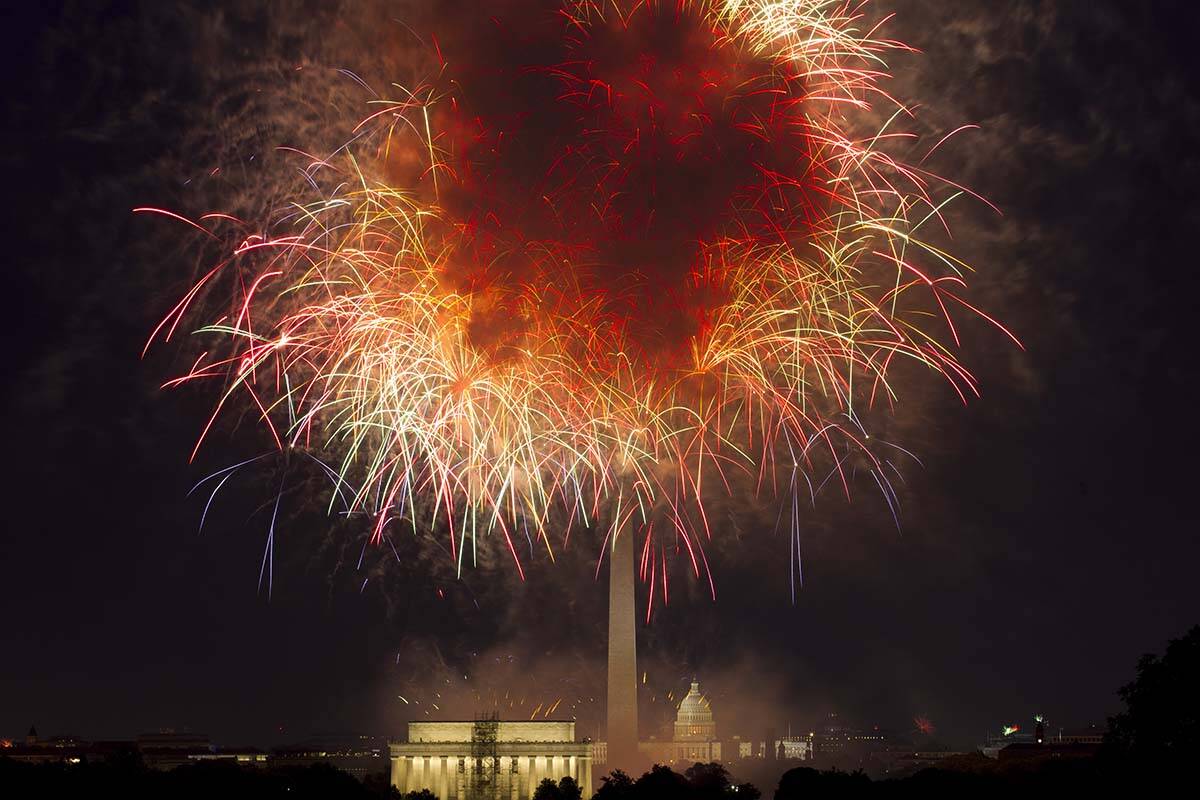EDITORIAL: Celebrating history: A republic, if you can keep it
Today we celebrate that stirring day in history, July 4, 1812, when the first president of the United States, Benjamin Franklin, emerged from the old State House in Boston, held up the new Constitution freshly penned by Thomas Jefferson of New York and announced to the cheers of the gathered throng that, “These United Colonies are, and of right ought to be, free and independent of the crown of Spain!” Who would not wish to have been there, joining in the joyous tumult, as the commander of the Continental Army, Ulysses S. Grant, promptly ordered his men to board the waiting steamships and set sail for San Juan Hill?
Well no … actually that’s not the way it went.
But today’s question is, how many young Americans, be they eighth graders or high school seniors — even college students at our best universities — could correct even a few of the errors in the paragraph above?
In May 2002, Education Week magazine reported that of 11,300 high school seniors tested, 57 percent did not have even a “basic” knowledge of American history. You can find similar statistics today.
Sadly, this is nothing new. Surveys of high school seniors dating all the way back to 1955 have shown sizable portions of young American students in good standing are unable to identify the decade in which the Civil War took place. At least, back in 1955, a clear majority could name the nation against which the War of 1812 was fought and rattle off the names of 20 American presidents.
If our youth cannot answer basic questions about the nation’s history and the meaning behind important documents such as the Constitution, then what are all today’s marching bands and waving flags and fireworks about, really?
In 1776, there was no president of the United States, though Mr. Franklin later served as president of the governing body of the independent Commonwealth of Pennsylvania. The redhead who penned the Declaration hailed from Virginia. The army commander was, of course, George Washington, “the indispensable man.”
Arguably the most important victory of the revolution was won in autumn 1777, on a farm in upstate New York, by a storekeeper from New Haven who was offered no official command, and so galloped onto the field of battle without anyone’s permission, waving his hat and shouting, “Follow me, men!”
Who was that great general, who rose again and again despite his serious wounds, even after his horse was shot from beneath him? Who was that great American hero, to whom in large measure we owe whatever remaining freedoms we have not yet allowed to slip through our fingers?
You know his name. It’s in all the history books.
A version of this Review-Journal editorial first appeared in 2003.






















